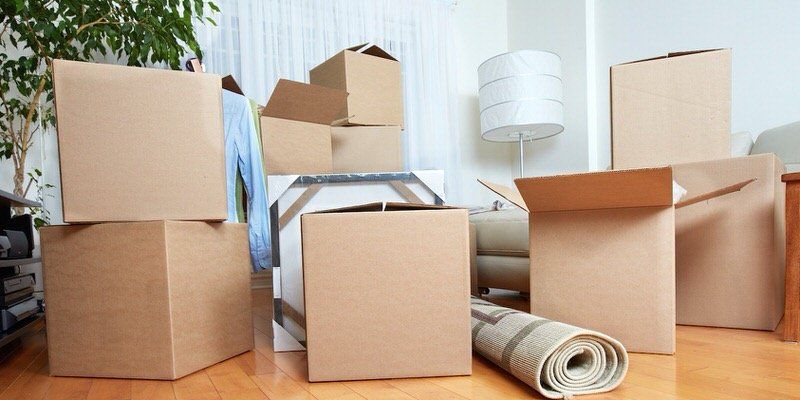New Paragraph
As Simple as Porting Your Mortgage!
As simple as porting your mortgage! Said by no one ever. The truth is, there is nothing simple about porting your mortgage.
“Porting your mortgage” involves transferring the remainder of your existing mortgage term, outstanding principal balance, and interest rate to a new property. This is of course, if you are selling your current home and buying a new one.
Despite what some of the big banks would lead you to believe, porting your mortgage is not an easy process. It’s not a magic process that guarantees you will qualify for the purchase of a new property using the mortgage you had on a previous property. In addition to completely re-qualifying for the mortgage, and having to qualify the property you are purchasing, there are a lot of moving parts that come into play. It seems that executing a port flawlessly is like having the stars align perfectly, chances are, it’s not going to happen. Here are a few reasons why:
- You may not qualify for the mortgage.
Let’s say you are moving to a new city to take a new job, if you are relying on porting your mortgage in order to buy a new house, you will have to substantiate your new income. If you are on probation, or have changed professions, there is a chance the lender will decline your application. Porting a mortgage is a lot like qualifying for a new mortgage, just with more conditions.
- The property you are buying has to be approved.
So let’s say that your income is in good shape, and that you qualify for the mortgage, the property you want to purchase has to be approved as well. Just because they accepted your last property as collateral for the mortgage, doesn’t mean the lender will accept the new property. An appraisal will be required, and the condition of the property you are buying will be scrutinized.
- Value’s are rarely the same.
How often do you buy a property that is exactly the same value as the one you just sold? Not very often. And when it comes to porting your mortgage, if the value of the new home is higher than the outstanding balance on your existing mortgage, you will most likely have to take a blended rate on the new money, which could increase your payment. If the property value is considerably less, you might actually incur a penalty to reduce the total mortgage amount. If the value of the properties are different, the terms of your mortgage will be amended anyway!
- You still need a downpayment.
Porting a mortgage isn’t just a simple case of swap one property for the another and keep the same mortgage. You’re still required to come up with a downpayment on the new property.
- You will most likely have to pay a penalty.
When you sell your house, most lenders will charge the full penalty and take it from your sale proceeds of your property. They will of course refund it back to you when you execute the port and purchase the new property. So if you were relying on the proceeds of sale to come up with your downpayment on the property you are purchasing, you might have to make other arrangements.
- Timelines almost never work out.
It’s rarely a buyers and a sellers market at the same time. So although you may be able to sell your property overnight, you might not be able to find a suitable property to buy. Alternatively, you might be able to find many suitable properties to purchase while your house sits on the market with no showings. And when you do end up selling your property, and finding a new property to buy, chances are the closing dates won’t match up perfectly.
- Different lenders have different port periods.
This is where the fine print in the mortgage documents comes into play. Did you know that depending on the lender, the period of time you have to port your mortgage can range from 1 day to 6 months? So if it’s 1 day, your lawyer will have to close both the sale of your property and the purchase of your new property on the same day, or the port won’t work. Or with a longer port period, you run the risk of selling your house with the intention of porting the mortgage, only to not be able to find a suitable property to buy.
So as you can see, although porting your mortgage may make sense if you have a low rate that you want to carry over to a property of similar value, it is always a good idea to get professional mortgage advice and look at all your options.
Please contact me anytime if you would like to discuss mortgage financing, I’d love to work with you!
Share
RECENT POSTS


STAY INFORMED
Subscribe to my newsletter




